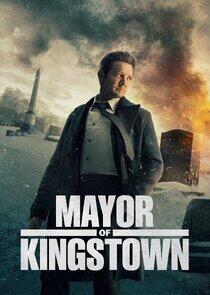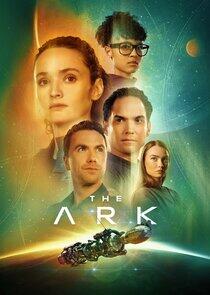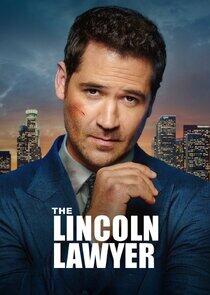Ai Weiwei

Ai Weiwei is arguably the world's most famous dissident artist, celebrated for his prolific and profound output of sculpture, installation, architecture, photography and film-making, which is never afraid to take on systems of power and oppression.
What is less well-known, however, is his extraordinary backstory. His father was distinguished poet Ai Qing, who was a key cultural figure during the Communist rise to power but was one of over half a million intellectuals who fell afoul of the state during the Cultural Revolution. He lost everything and was exiled alongside his young son to ‘Little Siberia' in northernmost China. For the first 20 years of his life, Ai Weiwei's experience of his father was not as a writer but as an ‘enemy of the state'. Ai Weiwei tells Simon the harrowing story of his childhood, and his memories of his father's stoicism in the face of decades of persecution. He reflects on the lessons he took from his father, above all that ‘freedom of expression is the foundation for humanity.'
Ai Weiwei also describes his own journey towards becoming a dissident artist and a voice for the downtrodden, and how he – like his father – continuously pays a heavy price for speaking truth to power. Ai Weiwei has carried this sense of duty with him throughout his career and recalls how he took on the Chinese state in the early days of the internet and social media, and the life-threatening consequences he faced, including 81 days in state detention, an experience he recounts in chilling detail.
In the years since, he has continued to use his work and notoriety to stand up for the oppressed in the face of authoritarianism, and he speaks candidly to Simon about the vital role that truth and the preservation of memory can have in the battle for democratic freedom all over the world. Ai Weiwei reflects powerfully on the need to ‘fight' for ‘all those values' that are ‘meaningful for life itself'.
Trailer
Recently Updated Shows

Mayor of Kingstown
Mayor of Kingstown is set in a small Michigan town where the only industry remaining are federal, state, and private prisons, the story follows the McLusky family, the power brokers between the police, criminals, inmates, prison guards and politicians, in a city completely dependent on prisons and the prisoners they contain. It is a stark and brutal look at the business of incarceration.

The Ark
The Ark takes place 100 years in the future when planetary colonization missions have begun as a necessity to help secure the survival of the human race. The first of these missions on a spacecraft known as Ark One encounters a catastrophic event causing massive destruction and loss of life. With more than a year left to go before reaching their target planet, a lack of life-sustaining supplies and loss of leadership, the remaining crew must become the best versions of themselves to stay on course and survive.

Twisted Metal
Twisted Metal is about a motor-mouthed outsider offered a chance at a better life, but only if he can successfully deliver a mysterious package across a post-apocalyptic wasteland. With the help of a trigger-happy car thief, he faces savage marauders driving vehicles of destruction and other dangers of the open road, including a deranged clown who drives an all too familiar ice cream truck.

Yellowjackets
Yellowjackets follows a girls' high school soccer team. In 1975, the Dearborn High Yellowjackets became the first team in state history to qualify for the Girls' U.S. Soccer Championship Series in Manchester, NH. They never got the chance to compete. Equal parts survival epic, horror story and pitch black coming of age, Yellowjackets tells the story of the (un)lucky survivors of a plane crash deep in the Ontario wilderness, chronicling their descent from a friendly, cooperative team to warring, cannibalistic clans. At the same time, it follows the lives they've attempted to piece back together nearly twenty-five years later, proving that the past is never really past and what began out in the wilderness is far from over.
